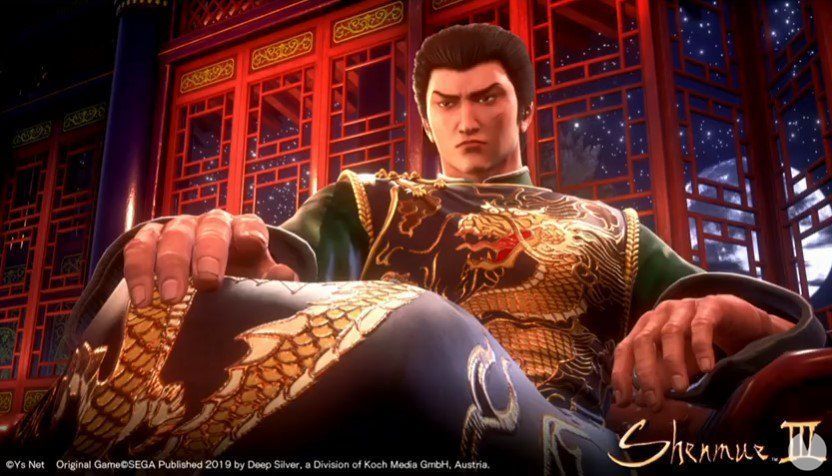
Precisely because the worlds are so large, characters either remain locked into a geographical slot they inhabit, or have to haunt the landscape as ghosts who can appear only when they need to miraculously reveal themselves to the player in order to advance the storyline. Yet the open world is a format that is fundamentally limited when it comes to characters. From a game design perspective, this is often brilliant - both Witcher 3 and Breath of the Wild have shown the immense appeal this can have when it is done well. To get stories into open worlds, designers have to seed the huge landscapes with signposts that push to set piece encounters, a technique I have compared to 'plot origami'. brilliant, and still evolving, but also highly limiting and increasingly stagnant creatively. But the open world is a narrative dead end in many respects. Suzuki-san was neither influenced by these titles nor went on to influence the open world lineage that followed.īut so what? The open world genre may have become a commercial powerhouse, and certainly contains a great many games that enjoyed both huge sales figures and critical acclaim.

As I have written about before, it is the playground worlds of 1985 (which were never exported to Japan) that influenced GTA, most especially Elite, although I still suspect Paradroid has a part of this tale to tell. The open world genre crystallises in the Grand Theft Auto franchise, especially after its transition into 3D models from its sprite-based roots. Not only does 1999's Shenmue not foreshadow or influence the open world games of the early 21st century, what it actually does achieve is artistically far more interesting than this claim would suggest. Shenmue defied all convention and created the genre that later came to be known as "open world." An unparalleled level of freedom let you chose how you wanted to play.īut this is neither true nor fair. Indeed, in the Kickstarter for Shenmue III, the text expressly tries to make this claim:
SHENMUE 3 GENRES SERIES
Suzuki-san and his colleagues often try to paint this series of games as a precursor to the open world genre.

But 'freedom' is precisely the opposite of what a Shenmue game is about, and it is all the better as an artwork precisely because it is really quite uninterested in the player's freedom. Well, interactivity maybe - you can indeed spend hours meaninglessly opening each compartment in every chest of drawers, for instance. It's originator gave the original game the clunky genre title FREE, standing for 'Full Reactive Eyes Entertainment', supposedly to show the interactivity and freedom the player would have. Yu Suzuki's Shenmue series is a work of flawed genius, and it is not for the reasons its creator claims that they stand out in the history of videogame narrative. Rather, to appreciate Shenmue III we have to understand why it is the way it is, how it fulfils the promises made by its creators, and why its beautiful closed world has more to teach about game narrative than most of its critics are prepared to allow. Frankly, if the flaws in an artwork are that some people do not like it, this really isn't as knock-down an argument as it may seem. but those problems are the ones it inherits from Shenmue itself, and as a game that was funded by a Kickstarter pledging to provide a true sequel to 2001's Shenmue II, objecting that it is too much like the games that preceded it might rather miss the point. Gladly will I concede that, as a commercial proposition, Shenmue III has serious problems. Yet many people have complained about the time they spent with Shenmue III, in one extreme instance lamenting that "Shenmue 3 is a Terrible Game and I’ve Wasted My Life".

It's a remarkable achievement on many fronts, not least of which is that it managed to pick up a franchise after an absence of a decade and a half and provide a sequel that is entirely in keeping with the aesthetic achievements of its predecessors. Thus, earlier this year, I completed my playthrough of Ys Net's 2019 title Shenmue III. I like to have the time to engage in a game in the way that it requires, which isn't something you can do under the time pressure inherent to reviews. It takes me quite a while to get around to playing games these days, which helps insulate me from jumping to kneejerk conclusions about what I've been playing.

If you want my review of Shenmue III it would be 'play this game if you have ever enjoyed a Shenmue game or are interested in unusual approaches to game narrative'.


 0 kommentar(er)
0 kommentar(er)
